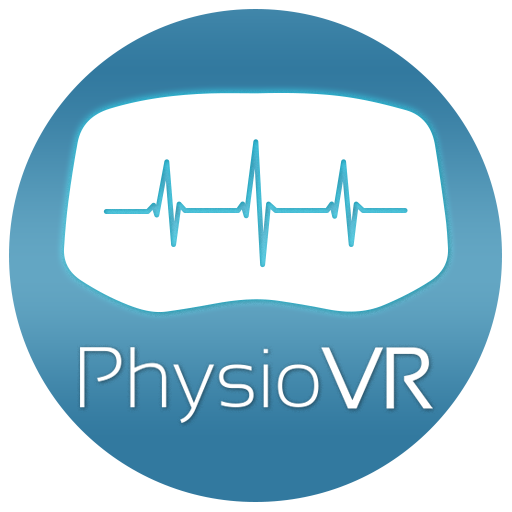
This was a result from a course entitled: Ubiquitous Computing. We are looking for some budget for further development. The project aims to facilitate the integration of physiological signals from multiple wearable sensors in virtual reality and mobile virtual reality applications.
https://www.youtube.com/watch?v=ukEmghTImBU
https://docs.google.com/presentation/d/1NxA1vCWQEkjONz3OxwwIc6C0UQqhs8fuJfio3VCR8mE/edit
Paper: https://www.researchgate.net/publication/305636108_PhysioVR_A_Novel_Mobile_Virtual_Reality_Framework_for_Physiological_Computing?ev=prf_pub
Virtual Reality (VR) is morphing into a ubiquitous technology by leveraging of smartphones and screenless cases in order to provide highly immersive experiences at a low price point. The result of this shift in paradigm is now known as mobile VR (mVR). Although mVR offers numerous advantages over conventional immersive VR methods, one of the biggest limitations is related with the interaction pathways available for the mVR experiences. Using physiological computing principles, we created the PhysioVR framework, an Open-Source software tool developed to facilitate the integration of physiological signals measured through wearable devices in mVR applications. PhysioVR includes heart rate (HR) signals from Android wearables, electroencephalography (EEG) signals from a low-cost brain computer interface and electromyography (EMG) signals from a wireless armband. The physiological sensors are connected with a smartphone via Bluetooth and the PhysioVR facilitates the streaming of the data using UDP communication protocol, thus allowing a multicast transmission for a third party application such as the Unity3D game engine. Furthermore, the framework provides a bidirectional communication with the VR content allowing an external event triggering using a real-time control as well as data recording options. We developed a demo game project called EmoCat Rescue which encourage players to modulate HR levels in order to successfully complete the in-game mission. EmoCat Rescue is included in the PhysioVR project which can be freely downloaded. This framework simplifies the acquisition, streaming and recording of multiple physiological signals and parameters from wearable consumer devices providing a single and efficient interface to create novel physiologically-responsive mVR applications.